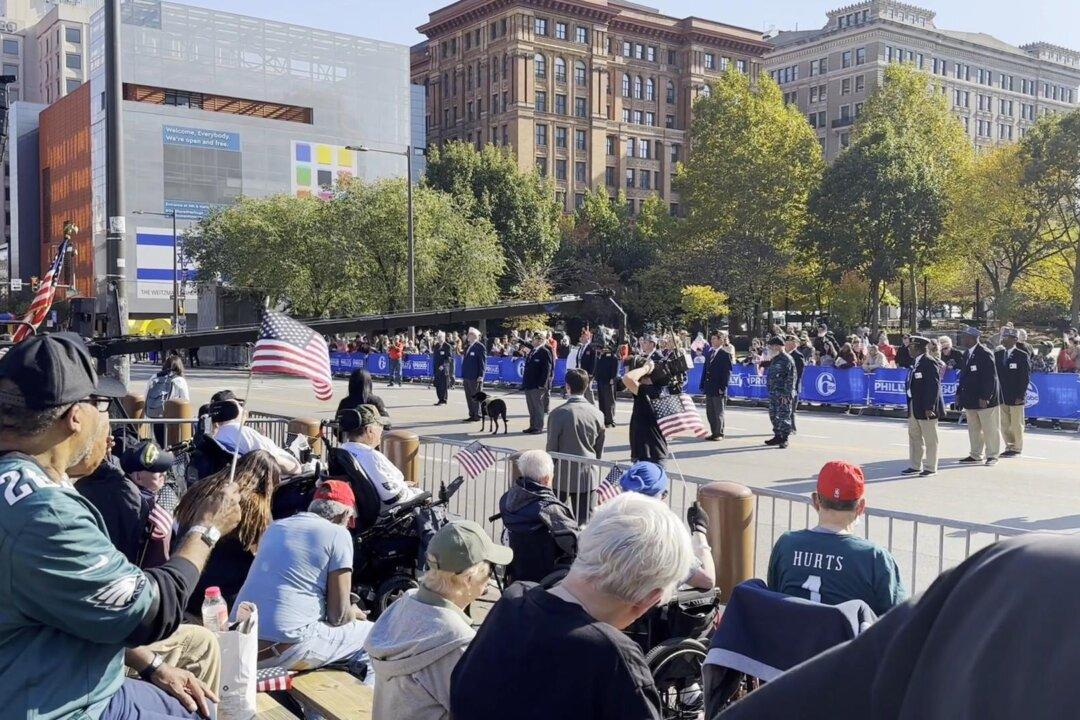Criminals are targeting veterans to poach their pension and disability benefits, the U.S. Federal Trade Commission (FTC) warned on Tuesday while detailing how to avoid becoming a victim.
“Dishonest ‘advisers’ may try to get your pension benefits and disability compensation,” the FTC said in a Nov. 7 press release. Veterans who wish to apply for such benefits should only use “VA-accredited agents, Veterans Service Organizations (VSOs), or accredited attorneys.” These are the three types of representatives accredited by the U.S. Department of Veterans Affairs (VA) to make sure that claimants have access to qualified representations on their VA claims.





